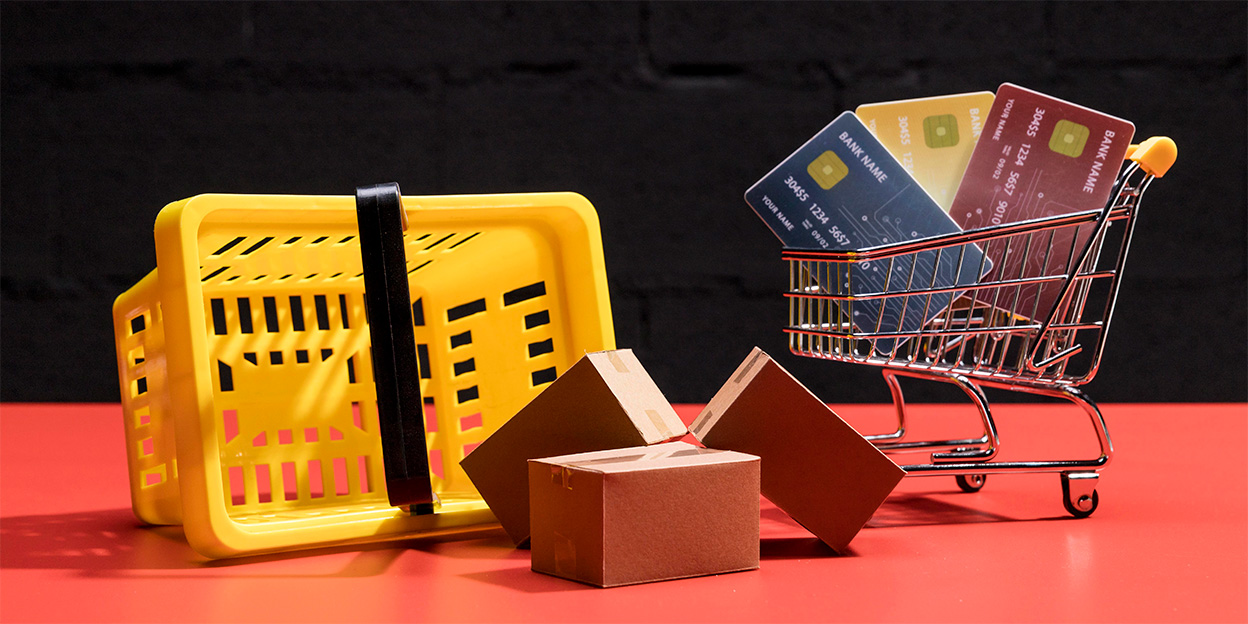
Singapore is one of the hottest markets for ecommerce, and if you’ve been thinking about launching your own online store, you’re in the right place! With a tech-savvy population and seamless digital infrastructure, starting an ecommerce business in Singapore is easier than ever. In this guide, we’ll walk you through everything you need to know to get started and grow your online store successfully.
Why Ecommerce in Singapore is Booming
Ecommerce in Singapore has seen exponential growth over the past few years, thanks to increasing internet penetration, digital payments, and a consumer base that loves shopping online. With platforms like Shopify making it easy for businesses to set up online stores, there’s never been a better time to dive in.
Key Factors Driving Ecommerce Growth:
- High Digital Adoption: Singaporeans are highly connected, making it easy for businesses to reach customers online.
- Strong Logistics Network: With world-class logistics, businesses can deliver products quickly and efficiently.
- Government Support: Initiatives like IMDA’s e-commerce booster package encourage businesses to go digital (source).
Why Shopify is the Best Ecommerce Platform for Singapore Businesses
When it comes to setting up an online store, Shopify stands out as the go-to platform for many businesses in Singapore. Here’s why:
- Easy to Use: No coding skills required—set up your store quickly with drag-and-drop tools.
- Scalability: Whether you’re a startup or an established brand, Shopify grows with your business.
- Local Payment Integration: Supports Singapore-friendly payment options like PayNow, GrabPay, and local credit card processors.
- Powerful Marketing Features: Built-in SEO tools, email marketing integrations, and social media selling options.
- Reliable Customer Support: 24/7 support to help with technical or business-related queries.
If you want to dive deeper into how Shopify can help your ecommerce business, check out our Ultimate Guide to Shopify in Singapore.
Choosing the Right Ecommerce Platform
Picking the right ecommerce platform is crucial to your success. Shopify is one of the best choices for Singapore businesses, offering a user-friendly interface, customizable themes, and powerful integrations. If you’re not sure where to start, check out our Ultimate Guide to Shopify in Singapore to learn more about why it’s a great option.
Other platforms to consider include:
- WooCommerce – Great for WordPress users.
- Magento – Ideal for large-scale ecommerce businesses.
- Lazada & Shopee – Perfect for marketplace selling.
Essential Steps to Starting Your Ecommerce Business
1. Pick a Profitable Niche
The first step in building a successful ecommerce store is choosing a niche that has demand. Whether it’s fashion, electronics, or sustainable products, research your target audience and competition.
2. Set Up Your Online Store
Once you’ve picked your niche, it’s time to set up your online store. Platforms like Shopify make it easy to design and launch your store without needing technical skills.
3. Optimize for SEO
SEO is key to driving traffic to your ecommerce site. Focus on keyword optimization, fast-loading pages, and mobile-friendly designs. Need help with SEO? We at IXEN Interactive can help you build and optimize your ecommerce store for better visibility.
4. Implement a Strong Digital Marketing Strategy
A good marketing strategy can set your ecommerce store apart. Consider using:
- Email Marketing – Build a loyal customer base with personalized offers.
- Social Media Ads – Platforms like Facebook and Instagram are great for reaching your audience.
- Google Ads – Drive targeted traffic with paid search ads.
Sales Automation to Increase Revenue
Sales automation is a game-changer for ecommerce businesses in Singapore. By using technology to handle repetitive tasks, you can improve efficiency, save time, and increase revenue. Here’s how sales automation can benefit your business:
- Automated Email Campaigns: Tools like Klaviyo or Mailchimp can send personalized emails to customers based on their browsing or purchase history.
- Chatbots & AI Customer Support: Implementing AI-driven chatbots can assist customers 24/7, reducing the need for manual support.
- Cart Abandonment Recovery: Shopify and other ecommerce platforms offer automated email reminders to encourage customers to complete their purchases.
- Dynamic Pricing & Discounts: Use automation tools to adjust prices based on demand, competitor pricing, or stock availability.
- CRM & Lead Nurturing: Customer relationship management (CRM) software helps track customer interactions, making it easier to personalize marketing efforts.
By leveraging sales automation, you can focus on scaling your business while technology takes care of the repetitive work.
Handling Payments and Logistics
Singaporeans prefer seamless payment options like PayNow, credit cards, and GrabPay. Make sure your ecommerce store supports multiple payment gateways. Also, partner with reliable logistics providers such as Ninja Van or SingPost to ensure smooth deliveries.
Conclusion
Ecommerce in Singapore is thriving, and with the right strategies, you can build a successful online business. Whether you’re just starting out or looking to scale, choosing the right platform, optimizing your website, and implementing strong marketing strategies are key. Shopify remains one of the best options for businesses in Singapore, and if you want expert guidance, check out our Ultimate Guide to Shopify in Singapore.
Additionally, integrating sales automation into your ecommerce strategy can significantly boost revenue and improve efficiency. Ready to take your ecommerce business to the next level? Get in touch with IXEN Interactive today!